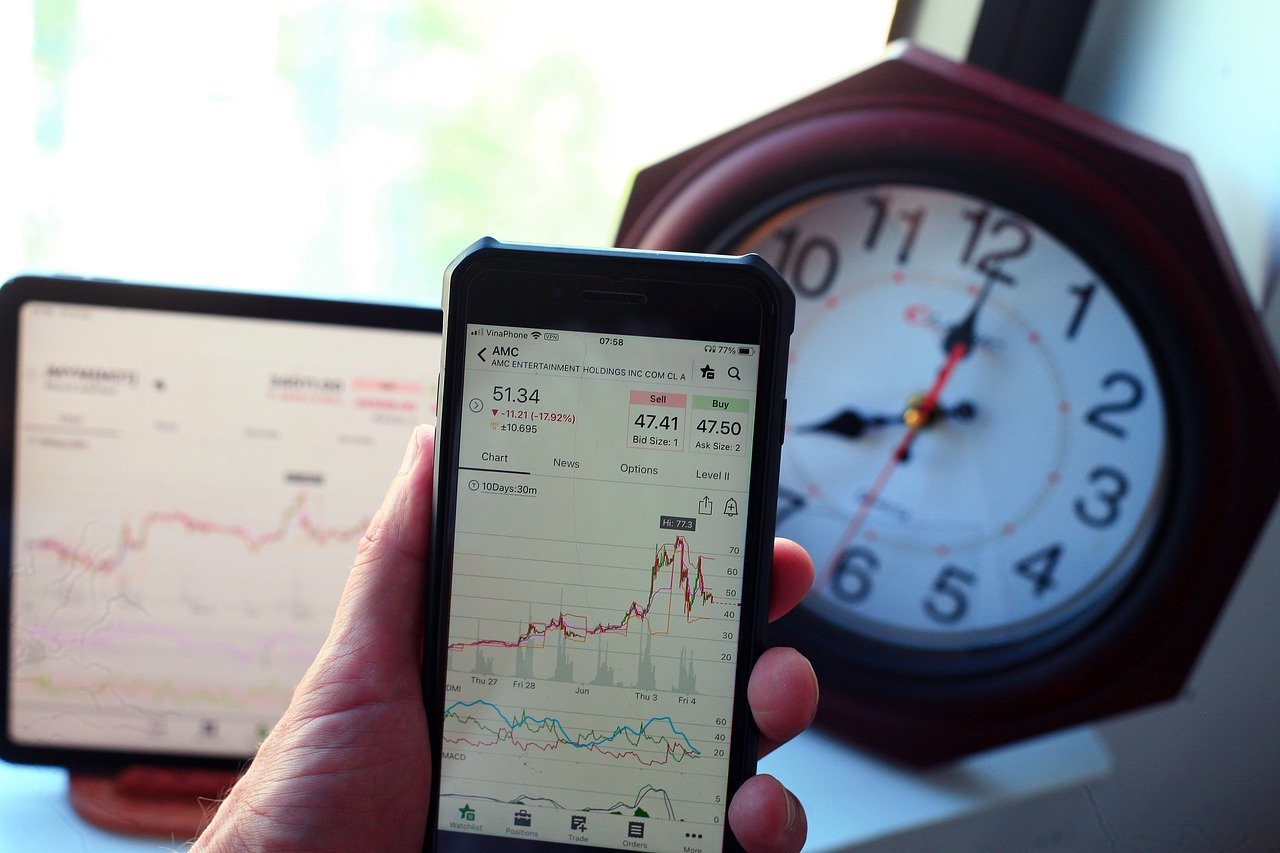Finance & Business
How does forex trading work?

Trading foreign exchange is a complex field. While there are a lot of private investors investing in the stock market, there are only quite a small number of them in foreign exchange trading, measured by the trading volume. This is mainly due to the “big players” in the market: banks, central banks and governments have an interest in trading foreign exchange. Banks definitely have the largest share; commercial banks act in the interest of their own financial position and that of their customers. Central banks, on the other hand, do not aim at profit, but want to keep their own currency stable and protect it. Thus, central banks are among the only market participants that tend to hold positions for long periods of time. All other investors, whether private or large, try to exploit market fluctuations for their own profit with quick trades.
Once you feel confident enough to make your first forex trade after setting up a demo or trading account, you place your first order. Foreign exchange is bought in pairs, a popular pair is GBP/USD, also called Cable. Thus, you buy one currency and sell another at the same time. In the example of GBP/USD we buy pounds and sell dollars. Usually there is a price behind the currency pairs, e.g. GBP/USD = 1.5555. This would mean we would have to sell 1.5555 dollars to get one pound. A trading example shows the simple approach. Let’s assume that we expect the British pound to move strongly against the American dollar. So we decide to buy 1000 GBP/USD at a rate of 1, 456. We pay 1456 US dollars for it. Two weeks later, the rate has risen as expected and ends up at 1.567. We decide to take the profit and exchange our pounds back into US dollars. The profit is the difference in the exchange rate fluctuation, which in our case is 111 US dollars.
The basic requirement for trading foreign exchange is also a PC and stable Internet connection. Common trading platforms work with low resources, so there should not be any difficulties with latency. Meanwhile, many trading platforms have also been optimized for the smartphone or tablet PC, so that you can check your portfolio or order positions around the clock and on the go.
In order to get started in forex trading, you need quite a small amount of initial capital. Some forex brokers accept accounts from 200 – 500 euros. However, many experts agree that especially too small investment amounts lead to higher losses. Often, investors with small portfolios are either too willing to take risks or too cautious, in addition, one has less room for maneuver, should an investment not run as one had imagined. Margin and the associated leverage is also a problem. Smaller trading accounts usually deposit a small margin, as this is calculated as a percentage of the trading volume of a trade. Thus, however, the account has a high leverage , which makes inexperienced users quickly sink into the loss zone. No matter how high the equity is chosen, one should always be aware that the capital can be lost in rare cases.
If you want to trade foreign exchange, you need a good broker. We have summarized the most reputable providers on the market in a table here. Foreign exchange refers to foreign means of payment, i.e. currencies. Already the exchange of the own currency into another for the summer vacation belongs theoretically to the foreign exchange trade, which is also called FOREX, short for Foreign Exchange, however, makes only a fraction of it.
Foreign exchange tradingThe term foreign exchange originates from the banking industry and is often also called “foreign notes”. Foreign exchange can be transferred electronically or via check. In banking, the term often refers to capital held at foreign credit institutions. The foreign exchange market is one of the most liquid markets in the world, with a daily turnover of up to $4 trillion. Through the electronic network, all market participants are connected to each other and trade foreign exchange, options or swaps. The market participants are banks, private individuals and companies.
Direct trading includes anyone who exchanges, buys or sells currencies. However, even the simple withdrawal of money from one’s account is an indirect intervention in the foreign exchange market. Trading for profit is usually done through so-called Forex brokers. The major currency pairs such as EURO/USD or USD/GBP are also called major and account for the highest turnover. The profit in regular forex trading results from interest rate differences between two currency areas, and it is possible to bet on both falling and rising rates.
Financial difficulties of a state or state area can be used just as the economic upswing of a country. However, foreign exchange is not only tied to demand and supply. Central banks can intervene in the interest rate structure of a currency area and thus have a lasting influence on the foreign exchange market.

